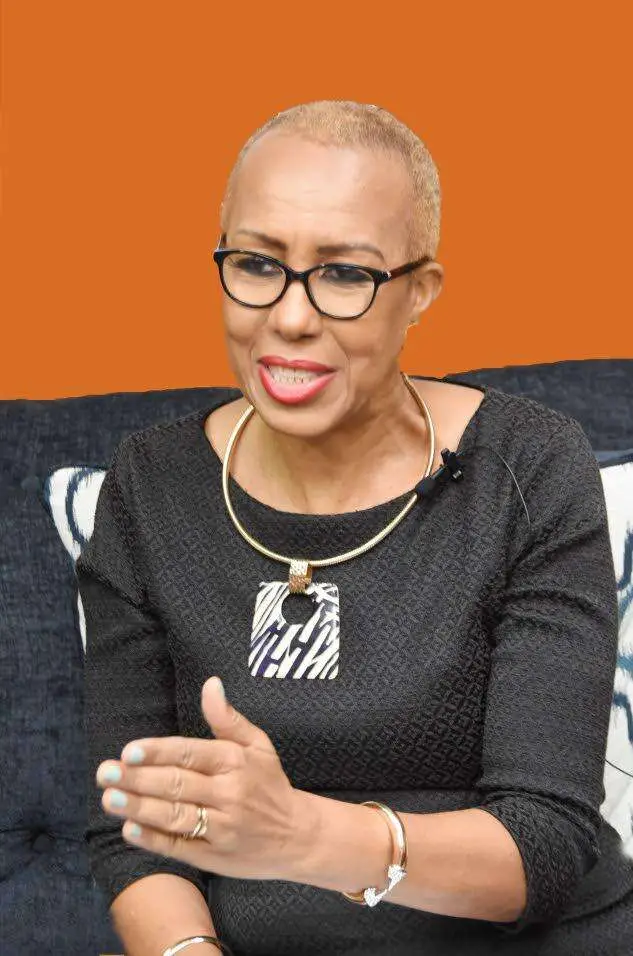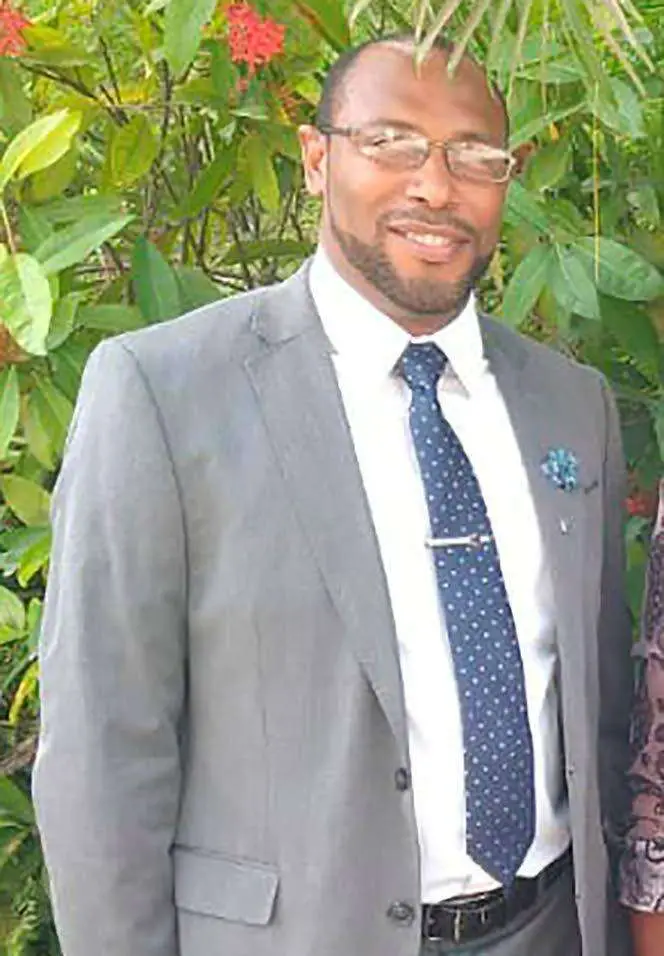
Hold slack parents accountable, says JTA
AGAINST the backdrop of an alarming figure of over 32,000 students who have not been scholistically engaged since March 2020 when the novel coronavirus pandemic hit, the Jamaica Teachers’ Association (JTA) said it is time for incompetent parents to be held accountable.
In an interview with the Jamaica Observer, JTA President Winston Smith said it is impossible for administrators to reach out to, and track every student.
“As it relates to this matter, we at the Jamaica Teachers’ Association are of the view that it’s time parents step up to their responsibilities and ensure that their children are sent to school. Neither the school nor the ministry can find or know where every student is, but every parent knows or at least should know where their child is at this point,” Smith charged.
“It is their responsibility to ensure that their child or children are accessing the opportunities provided by the school,” he stated further.
Some parents agreed with Smith, saying the onus is on them to ensure their children show up to learn.
Nadine Owens, a mother of three, said: “I don’t see why any parent would know their child isn’t showing up for school and is comfortable. Above everything else, I am not, and I don’t think any parent should be comfortable with the education level for these children in this pandemic. We can see that because of the online school and all its problems that the students are just not as sharp.
“So, personally, I make the effort to send them out every day that school keep. And if you don’t have to use the online approach that is offered by some schools, send the children to school. It is for their best and your best as the parent in the long run.”
Kerryann Gordon, mother of a grade one student, shares a similar sentiment.
“At first, I was afraid to send my son out. I was saying the virus is still out and about, but we just have to take the precautions. I tell my son to wear his mask and he has his sanitiser in his bag and he knows how to use it. Sanitiser is at school too, and the teachers supervise well so there is no point to keep him out of school.”
Two weeks after the school term began on January 3, Harry Hanson, principal of Cambridge High School, told the Sunday Observer that about 300 students at Cambridge were unaccounted for.
Another parent said: “My child in high school affi deh a school. These are the serious education years, and I don’t play. If my son don’t show up two days, teachers call me because they know the type of parent I am. If most parents showed that kind of seriousness from the get-go, more teachers would reach out early and we wouldn’t have so many of our kids lost in the wind. It will bite many parents in the future.”
Smith told the Sunday Observer that local media has a role to play in ensuring that more parents are accountable.
“We, therefore, call on all media houses to make it a campaign to get parents to live up to their responsibilities and send their child or children out to school. Should they do this, then the 32,000 referenced will be significantly reduced or even eliminated. Also, where parents are having difficulties, they need to bring that to the attention of the ministry by way of the school so that they can be afforded the necessary assistance required to alleviate those challenges,” he said.

During her 2022/2023 Sectoral Debate presentation in Parliament on Tuesday, April 12, Education Minister Fayval Williams revealed that through the ‘Yard-to-Yard Find the Child Initiative’ at least 120,000 students had been noted as unaccounted for, during the online teaching and learning modality adopted during the pandemic.
Thus far, Williams said the ministry has been able to re-engage approximately 87,446 of the 120,000 pupils who were not accounted for during the pandemic, and added that the ministry is committed to finding all the students.
The minister said $103 million was spent and 1,793 persons engaged in the search to find the students.
Further, deans of discipline and our guidance officers will specifically “redouble their efforts” Williams said in her presentation.
However, Linvern Wright, head of the Jamaica Association of Principals of Secondary Schools (JAPSS), told the Sunday Observer that the fact that the ministry has been able to track more than a half of the 120,000 students should not be downplayed.
“It’s important that we recognise that the Ministry of Education has been able to track most of them as the number was reported to be over 120,000,” Wright said. “We are, however, concerned about what those other children are doing and hope that ultimately they will be found.”
Notwithstanding, the work is not done for the over 87,000 that are now accounted for, Wright added.
“For those that have been found, we are hoping that with the social and academic gaps they have, the ministry will find the necessary material, human and financial resources to best help those students reintegrate into the learning culture,” Wright reasoned.
Meanwhile, the ministry had indicated that it is costing the Government approximately $4 billion to try to catch up with the learning loss in education caused by the pandemic, which kept students out of school for close to two years.
According to the figures which the education minister presented to the House, this includes $435 million in additional grants for sanitisation and desks; $250 million on extra lessons; $137 million on masks and test kits and other items; $1 billion for temporary teachers; and $2.2 billion on continued support for online learning and educational resources.
But Shereika Mills, policy and advocacy coordinator for Jamaica Youth Advocacy Network (JYAN), told the Sunday Observer that the number of students who aren’t currently academically engaged was unsatisfactory.
“It’s disappointing, as we know the ideal situation is to have all the students back in school and accounted for — and it begs the question as to what intervention will look like for them as their situation worsens by the day,” Mills said.
“School on its own has never been enough to incentivise attendance though so we have to wonder if some of the social programmes that exist, like PATH [Programme of Advancement Through Health and Education] that used to encourage students to attend school, are no longer as robust or functioning as they used to.”



























